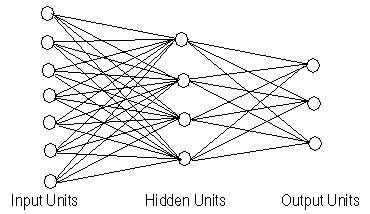Connectionism
In light of the Obama Administration’s decision to commit $3 billion over 10 years to NIH’s Brain Activity Map project, we thought it may be important to go back to our roots.
Who are we? This is the ultimate question posed by all of Western thinking and perhaps NIH’s Brain Activity Map is the culmination of our efforts. The goal of the project, in a nutshell, is “mapping the activity of every neuron in the human brain in 10 years.” Absurd, outrageous, momentous, profound! Okay, so when did we decide that this was possible, or even that we should try? In their modern form, these beliefs spring from a movement in cognitive science called Connectionism.
We have cycled through hundreds of psychological and philosophical ideologies throughout the course of Western society. One school of thought that still ubiquitously drives research projects today is the part of cognitive science called Connectionism. The central goal of Connectionism is “to explain human intellectual abilities using artificial neural networks.”
The basics look something like this: Input Units, generally representative of some sensory neurons, feed into “invisible” Hidden Units which are organized in some structured way and subsequently release their signals onto Output Units, which presumably carry out some intellectual function. The brain can then be broken down into hundreds, thousands of networks like this that have a specific role in our intellectual ability. At each level, every “neuron” sums together all of the signals it receives and performs some processing specific to itself, its specific “activation function”. After the processing, the activation function decides to either fire or not, 1 or 0, yes or no. If the firing threshold of the activation function is reached, then the “neuron” will send a signal to all of its downstream partners. This is the central pillar of Connectionism.
Sources:
Cognitive science – Wikipedia
Connectionism – Stanford Encyclopedia of Philosophy
